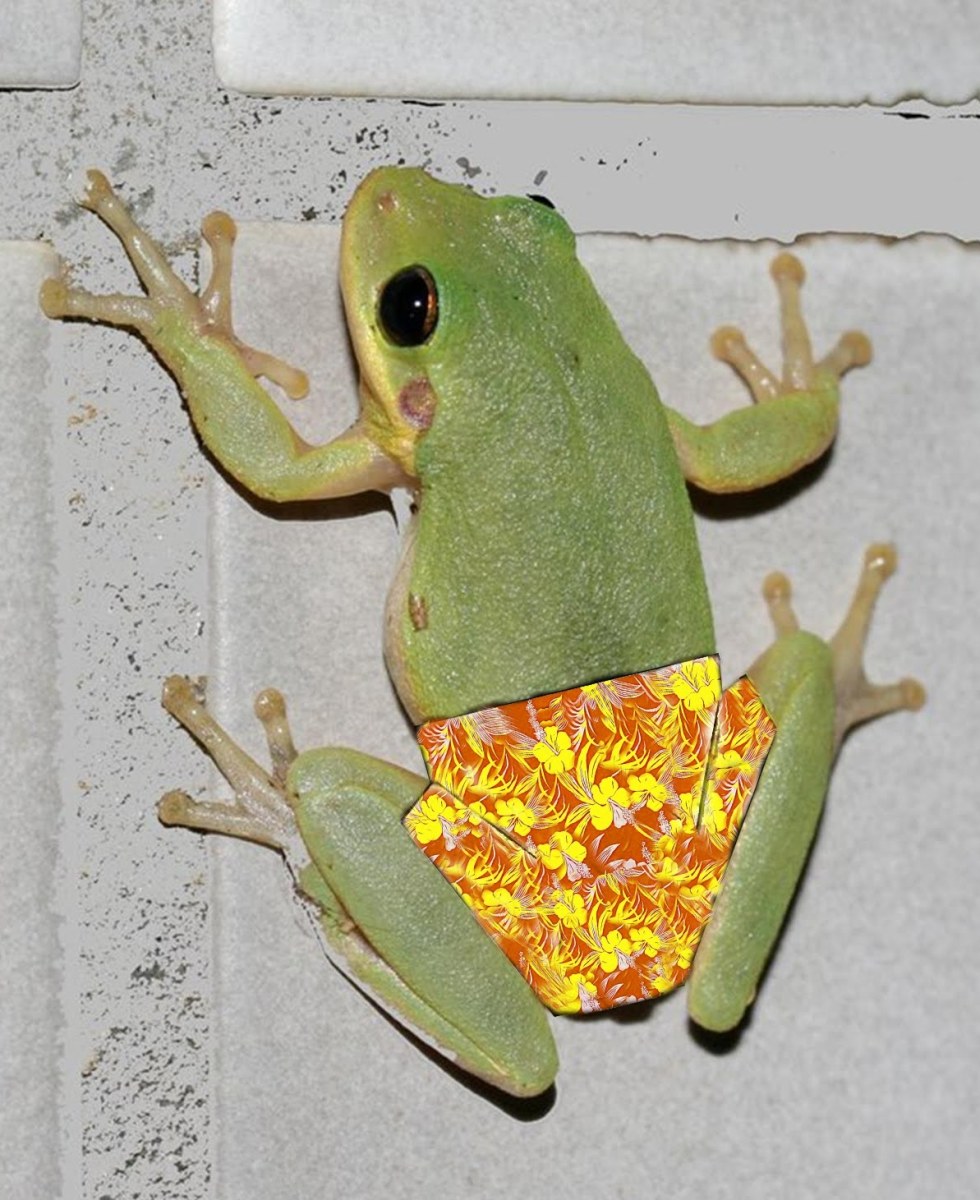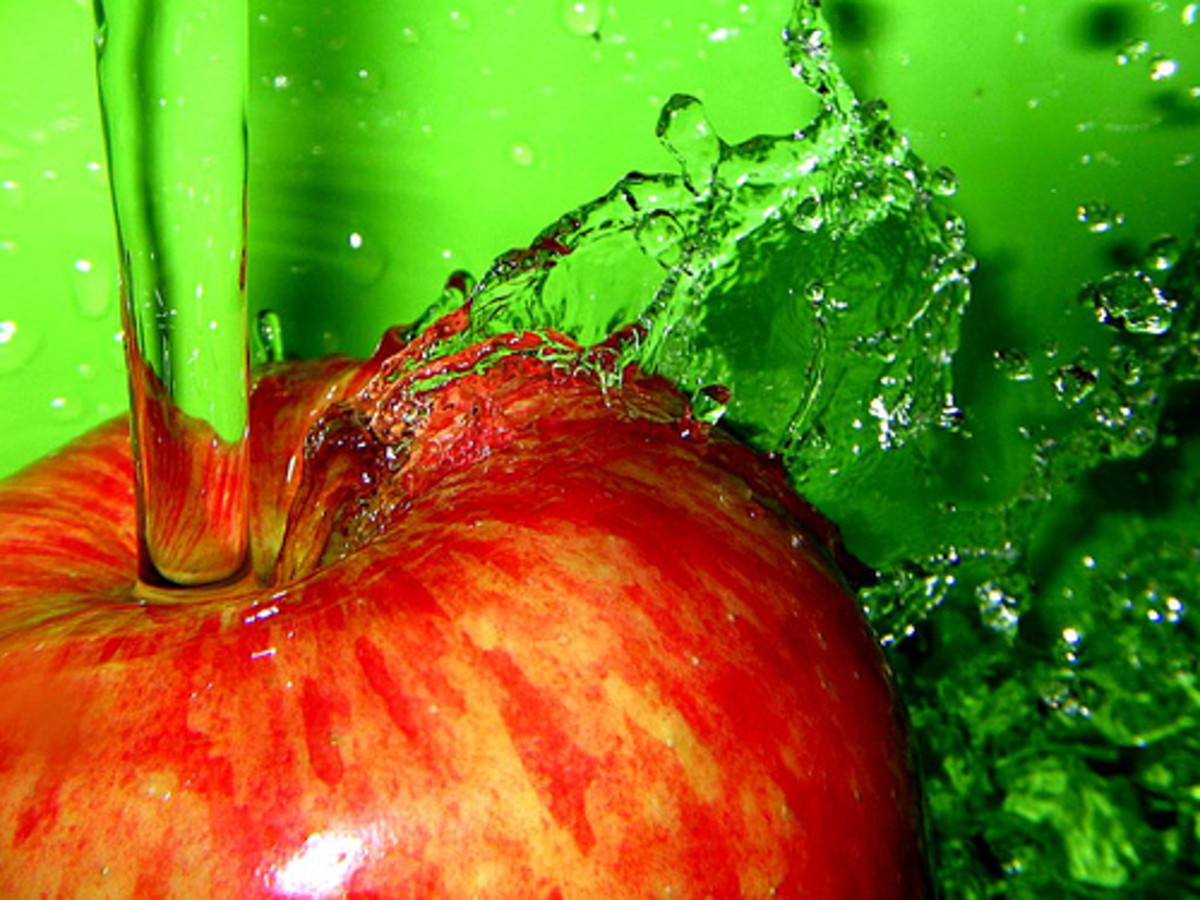Not Plagiarism

Understanding
You've just read a great Hub. You feel inspired.
You want to write on that very topic.
Then you think,
"I better not, that would be plagiarism!"
What it is and isn't.
Writing your 'take' on an 'already covered' topic is Not plagiarism.
Plagiarism is when you copy someone's work. Not the topic, not even the facts, but someone else's writing and slap your name on it.
Each of us can write an article on a current political situation. But every article should be different because each of us has our own point of view, our own style. Each of us brings something different to the page.
When one is dealing with factual events, one has very little play with dates and places and people. Yet how we perceive those dates and places and people, how we fit them into an essay is different. Our style or writing is different, our syntax is different.
Inspiration is when something inspires you to write. Hence reading this Hub you might decide to write your own but will phrase it differently. You will focus on one aspect more than another, and move along in a different pattern.
Two from One
Some years ago the BBC had an excellent program on the Bubonic Plague.
Inspired, I wrote an article about it and posted it on Wikinut. As I was looking over other articles I saw one posted about the Bubonic Plague. I instantly had a rush of anger, and went to see how my article had been plagiarized.
Imagine my surprise when I found an article totally different from my own.
Yes, the facts are the same, but the focus was different.
Interestingly, the writer of that other article had been inspired by the same BBC program.
Clearly, there were two separate articles on the same topic, and no breath of plagiarism.
What it is
People who plagiarize don't do so accidentally. They search for articles. They find them, sometimes cut and paste before slapping their name on it.
They know exactly what they are doing.
They know this is not their work.
They know they have stolen someone else's work.
But they steal it just the same.
Reading something that inspires you, that causes you to do your own research,
put together your own ideas, even though the title might be the same, the contents
would be different.
I might write about Tamerlane and so might you, but our articles will be different because of how I put together my facts, how I view Tamerlane, and how you do.
For us to write on the same topic is not plagiarism.
For one of us to copy the other's article, is.
Cheap Plag Checkers
Many publishing sites install cheap or free plagiarism checkers. These applications are often so flawed that they become standing jokes.
For example, on Triond they had one which prevented the writer from quoting or naming sources.
If you made a post in which there was any form of acknowledgement, quoting, it would be slapped down for plagiarism.
Can you imagine writing an article about some real topic and in no way shape or form being able to put in the proof that what you are saying is true?
This kind of ignorance of what plagiarism is causes a number of sites to fall to the bottom of the pile, because without the proofs, how do I know what you are posting is true?
No one wants to read puffery. If you were reading an item about Jacob Zuma or NASA or anything real, and there was not one single quote or reference, the item would be worthless.
That is what the cheap plag checkers do. Make the item worthless.








